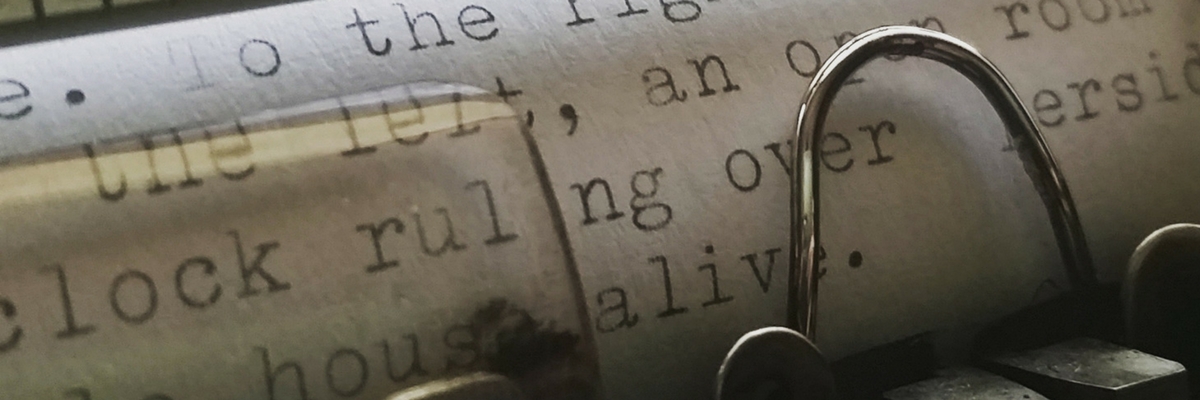At one point or another in your life you’ll have to write something, as a research paper, an article, an essay, or something related to your job. Regardless, written communication skills are sometimes the first thing employers look at. Especially when forced to write, it’s seemingly impossible to form a complete sentence. Over my lifetime as a hobby writer and now as an aspiring professional writer I’ve accumulated tips that I regularly use to help me get through even the toughest writer’s block.
1. Find Your Writing Space
This could either be a physical writing space or a mental one. For me, I have this one chair that I have to sit in to write. It’s unexplainable really, it’s just something about this chair. I’ve tried writing in other chairs, in other rooms, in entirely different buildings but I’m never as successful writing-wise as I am when I’m in that chair.
Find a space and make it yours. If you’re a long-term writer like myself, then moving furniture around and making a creative space is highly beneficial. If you’re a short-term writer (just needing to write an essay), then simply finding a cozy spot to camp out for a few hours will be all you need. The most important thing is to be in a place where you feel creative.
2. Get in the Writing Zone
For me, this is both a physical and mental prep. Physically, I put in my headphones and put on my writing playlist. This helps to block out the rest of the world and helps to remove any distractions like my phone or computer. Mentally, I take just a minute to get myself into the writing mindset. Sometimes I go in knowing I only have a short period of time whereas other writing sessions I give myself unlimited time. The most important thing, in my opinion, to getting in the writing zone is to keep it distraction free.
3. Write What You Know
This may sound a bit hypocritical of me to say as I’m a horror fiction writer and have never experienced alien abduction, mysterious figures on the road, or kidnappings, but I have seen enough horror movies, read enough books, and done enough research to be more than familiar with the topic. However, I would never dare to write a fantasy novel or short story because I don’t have nearly as much knowledge about that genre. Writing is, at times, like applying for a job. You wouldn’t apply for a job as a chemical engineer if you studied fine arts in college. The same is true for writing.
Writing about something you don’t know shows. If you’re writing a research paper, make sure to study that topic enough to fully understand it. If you’re writing a creative piece, try to use lived experiences for inspiration. Use people you know as characters, and use dialogue you hear on a daily basis as an influence as well.
4. Stay True to Who You Are
Having a writing inspiration is perfectly acceptable. I’d be shocked to hear of a writer who doesn’t have an inspiration. The problem lies when you try too hard to sound like someone else. Using someone else’s words or style of writing is another thing that’s so evident. I’ve seen so many times, especially with poetry, that writers try and mimic others. Nine out of 10 times, this writing seems forced.
When writing, stick with words in your vocabulary to avoid sounding fake or overly poetic.
5. Just Write
Writer’s block is an inevitable part of writing. The best way to overcome it is it just write. Set a timer for five minutes and just do it. If after five minutes you still don’t have anything on paper, come back later. Chances are something will come of it though. Writer’s block happens because of overthinking. By just writing, you remove the overthinking from the equation.
